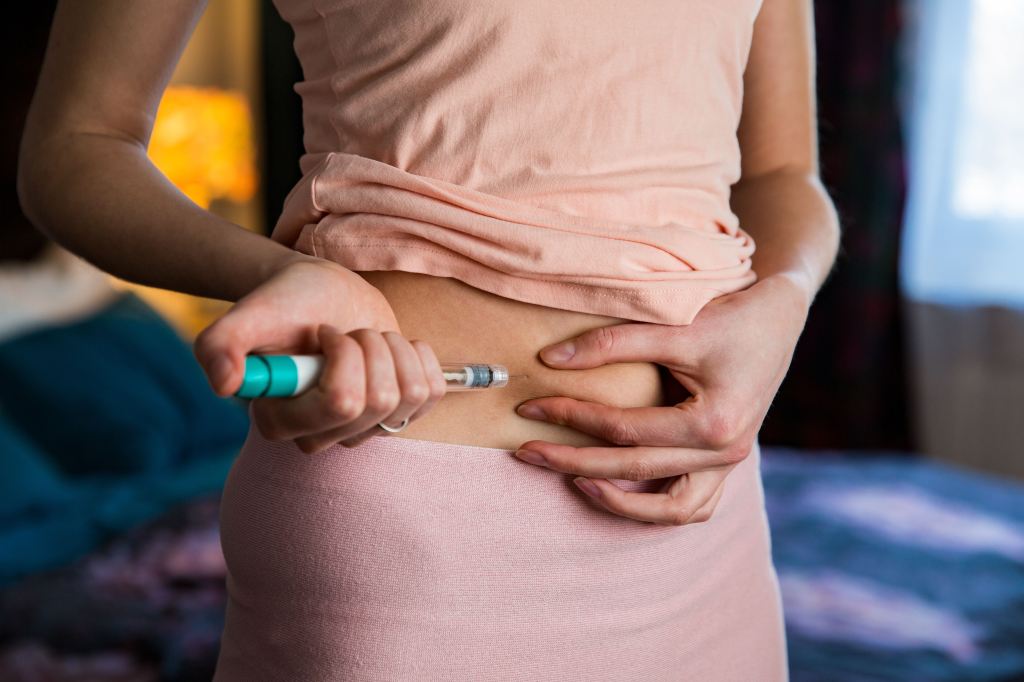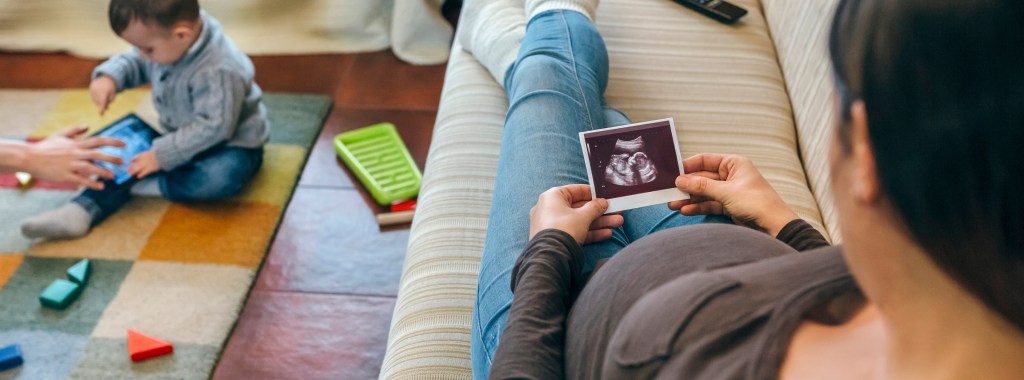Americans are lifting parents longer than ever.
In fact, the birth rate among us women in the early 1930s exceeded that of women in the end of their 20th for the seven years in 2022. The old is also climbing, according to government data.
This flies in the face of the common narrative to become pregnant becomes more difficult – or more dangerous – while you grow old. But fertility experts say the truth is more nuanced.
Dr. Randi Goldman, director of the Northwell Reproductive Endocrinology Program, told The post that while fertility naturally falls with age, it is a gradual process and many women are still able to successfully conceive in life.

“Between 35 and 40, fertility falls while the amount of eggs and quality decreases, and the risk of abortion increases,” Goldman said.
“However, your body does not know it’s your birthday on the day you turn 35 – it’s not like a light switch, and your eggs are more suddenly applicable.”
Research shows that women in the early 1930s still have a strong chance in natural conception. The chances of getting pregnant in each single menstrual cycle are about 25% for women in their 20s, dropping to about 20% in 30, and 15% to 35 – still “good enough”, according to Goldman.
“In the early 40’s, the monthly chance of natural conception is about 5% or less, mainly due to a faster decrease in the quality and amount of eggs,” Goldman said. “The risk of abortion also increases, reaching about 40-50% at the age of 42.”
While this may sound discouraging, Goldman said it is a myth to get pregnant of course after 40 years old. “While the chances are lower, it is still possible for many women,” she said.
For women who have problems in natural conception, the field of assisted reproductive technology is blooming. A study of the Pew 2023 study found that 42% of Americans say that they or someone they know used services such as egg freezing or in vitro fertilization (IVF), from 33% just five years ago.
But here is capture: Fertility treatments are not a guarantee.
“The degree of success with IVF falls with age, and after the mid -40s, many women choose to use egg donation,” Goldman said.

Motherhood delay has been an increasing trend for decades, fueled by factors such as the best approach to birth control, later marriages and women increasingly with educational advantages, careers and financial stability before they have children .
In 1970, government data show average age for a woman in the US that her first child was about 21. By 2022, that age was climbing just over 27 – a high record in the country .
Historically, women 35 years and older were considered at higher risk of complications when they had a child. You may have heard this mentioned as “Geriatric Pregnancy”, a term that Goldman says is “obsolete and unnecessary alarming”.
“While pregnancy after 35 has increased risks, most women in this age group have a completely healthy pregnancy with proper prenatal care,” she said.
“Important is important to focus on individualized risk assessments than the fear of blankets. Age is just a factor among many. “
Today, about 20% of women in the US have their first child after 35, from only 7.4% to 2000. Between 2021 and 2022, birth rates for women aged 40 to 44 years increased, while Birth rate for women 45 and the oldest with a 12%knife, according to the centers for control and prevention of diseases.
For women who hope to have children one day, there are some things to keep in mind.
While healthy habits can support fertility, Goldman said they cannot change the natural decline in the quality or amount of eggs while you grow old.
Also, regular periods do not always mean your fertility is intact – especially after 35, when the quality of the eggs begins to fall more significantly, she said.
If you are over 35 and have tried to conceive for six months without success, the National Institute of Health recommends booking a meeting with your doctor to discuss fertility concerns.
#fertility #age #doctor
Image Source : nypost.com